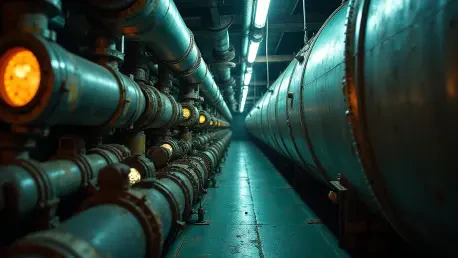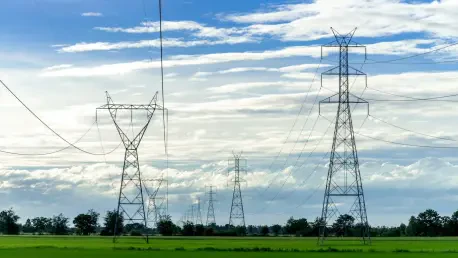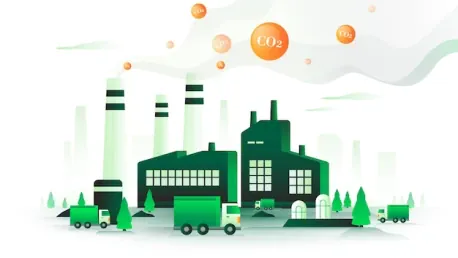
In an unexpected turn of events, Exxon Mobil's first-quarter earnings have placed the company in a better position than analysts anticipated, even as the broader oil industry grapples with significant turmoil. This includes fears of recession fueled by ongoing tariff disputes and fluctuating

As global regulations intensify, the shipping industry faces increasing pressure to adopt alternative fuels and reduce its environmental impact. Liquefied Petroleum Gas (LPG) is gaining attention as a viable marine fuel, possessing numerous advantages that align with stringent emission reduction

The Federal Energy Regulatory Commission (FERC) is currently evaluating the proposed return on equity (ROE) and incentives for the Valley Link transmission project, a joint venture by Transource Energy, Dominion Energy, and FirstEnergy, estimated at $3 billion. This project includes constructing

In today's interview, we're delving into some pressing issues in the energy sector with Christopher Hailstone, an expert with extensive experience in energy management, renewable energy, and electricity delivery. Christopher provides valuable insights into the intricacies of the

With extensive experience in energy management, renewable energy, and electricity delivery, Christopher Hailstone provides valuable insights into the methanol market, discussing grid reliability and security. In this interview, Christopher delves into the factors impacting methanol prices, the

Major corporations and government entities are making strides in sustainability and climate policies, unveiling new regulations and innovative energy solutions. Companies like Amazon, Google, and Microsoft are leading efforts with ambitious renewable energy targets and advanced clean electricity